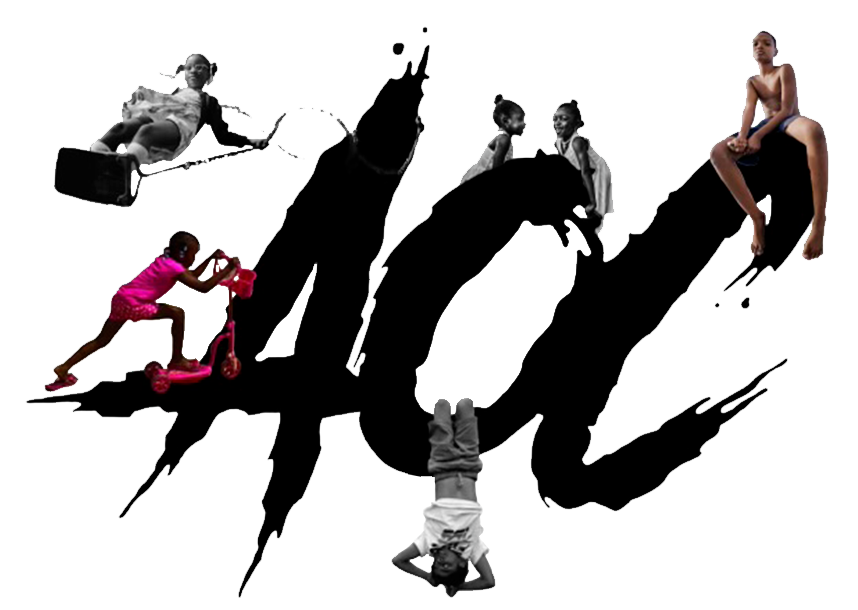Poverty has a significant impact on mental health. People living in poverty are more likely to experience stress, depression, and anxiety, as well as other mental health issues. The lack of resources, exposure to violence and trauma, and limited access to healthcare can all contribute to poor mental health in poverty-stricken communities. Addressing poverty is essential for promoting better mental health and reducing disparities in access to care.
Systemic solutions for addressing mental health in poverty-stricken areas include:
- Access to Care: Improving access to mental health services, including therapy and medication, for people living in poverty is essential.
- Community Support: Building community-based support networks, such as peer support groups for individuals to discuss their mental health concerns and connect with others who have similar experiences.
- Addressing Poverty: Addressing poverty by providing economic support and resources, such as job training, financial education, and affordable housing, can help improve mental health outcomes.
- Stigma Reduction: Addressing the stigma surrounding mental health and seeking help is important in destigmatizing mental illness and encouraging those in need to access care.
- Integration With Physical Care: Integrating mental health care with physical health care can ensure that individuals receive comprehensive care that addresses both their physical and mental health needs.
The following are some of the current forms of help available for mental health issues in poverty-stricken areas:
- Community Health Clinics: Many communities have health clinics that offer low-cost or free mental health services to individuals living in poverty.
- Non-Profit Organizations: Non-profit organizations such as the National Alliance on Mental Illness (NAMI) and Mental Health America (MHA) offer resources and support for individuals experiencing mental health issues, regardless of their financial status.
- Medicaid and Medicare: Medicaid and Medicare provide mental health services for eligible individuals living in poverty.
- Teletherapy Services: Teletherapy services, such as online counseling, can provide access to mental health care for individuals living in poverty who may not have access to traditional in-person mental health services.
- Crisis Hotlines: Crisis hotlines provide free and confidential support for individuals experiencing a mental health crisis, regardless of their financial status.
Contact us to learn more about many of these community health services we offer at AOC Outreach for children & adolescents in Houston, TX.
Start Mental Health Services in Houston, Texas
Reach out
Phone Number: 1-855-AOC-6100
24 Hours Crisis Line: 832-934-7770
Hours: Monday-Friday 9-5PM
Location: Houston & San Antonio areas
Houston Email: admin@aocoutreachservices.com
San Antonio Email: admin.sa@aocoutreachservices.com
Insurance Accepted
Medicaid: Texas Children Health Plan, Superior Health Plan, Molina Healthcare, United Healthcare
Private: Aetna, Blue Cross Blue Shield, & Cigna
Offices
Houston Office: 6671 Southwest Freeway, Suite 675, Houston, Texas, 77074
San Antonio Mailing Address: 45 Northeast Loop 410 Suite 207, San Antonio, Texas 78216
Follow Us
learn more
Start Services


